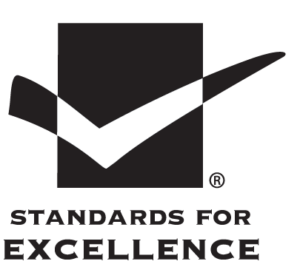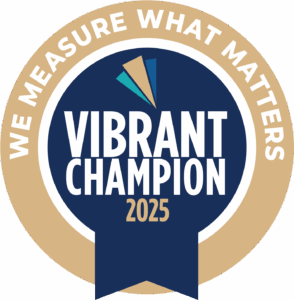Abuse Still Happens in LGBTQ+ Relationships.
Put yourself in the shoes of a victim of an abusive relationship. Imagine the feelings of hopelessness, powerlessness, fear, and desperation. Think about how it would feel to be trapped, yet too scared to ask for help to find a way out. What if people didn’t think your relationship was valid? What if no one knew that you’re gay? What if you had to choose between seeking help and outing yourself and your sexuality? Abuse in LGBTQ+ relationships happens at the same rate as in same-sex relationships and is just as damaging and hurtful. In fact, in some cases, LGBTQ+ people experience IPV at even higher rates than others. But in these relationships, there are often extra obstacles when seeking help.
Abusers in LGBTQ+ relationships may use the same methods to gain and maintain power over their partners as in opposite-gender relationships, such as sexual and emotional abuse, physical abuse, isolation, financial control, and others.
 These batterers may also exploit their partners’ LGBTQ+ identity to reinforce their control. One tactic involves the threat of “outing” a partner’s sexual orientation to others and claiming negative consequences will follow. Another tactic of abuse is claiming that a partner does not really qualify as LGBTQ+, which further isolates the victim from community support. In the transgender community, some methods of abuse include refusal to use a partner’s preferred pronoun, or withholding medication like hormone therapy.
These batterers may also exploit their partners’ LGBTQ+ identity to reinforce their control. One tactic involves the threat of “outing” a partner’s sexual orientation to others and claiming negative consequences will follow. Another tactic of abuse is claiming that a partner does not really qualify as LGBTQ+, which further isolates the victim from community support. In the transgender community, some methods of abuse include refusal to use a partner’s preferred pronoun, or withholding medication like hormone therapy.
The LGBTQ+ community has fewer specialized resources and they may struggle with shame or embarrassment, too, because of internalized homophobia. Batterers take advantage of this shame. Victims who choose to report abuse may fear that no one will take them seriously because of the stereotype that abuse in LGBTQ+ relationships is always mutual, or simply doesn’t exist. Victims of domestic abuse in same-sex relationships are 30 more times likely than victims in heterosexual relationships to be arrested alongside their abusive partners once law enforcement is involved, according to the U.S. Department of Justice. Moreover, many fear that IPV services are not inclusive of LGBTQ people, since the rhetoric of the domestic violence movement has historically centered on heterosexual, cisgender women.
All people deserve the right to be in safe and healthy relationships. At Women’s Center & Shelter of Greater Pittsburgh, we offer a safe environment for anyone in an abusive relationship who is seeking help regardless of their sexual orientation. No one is turned away because of whom they choose to love; no one is judged. We know and understand that intimate partner violence can happen to anyone. At WC&S, you are believed and you are welcome.



